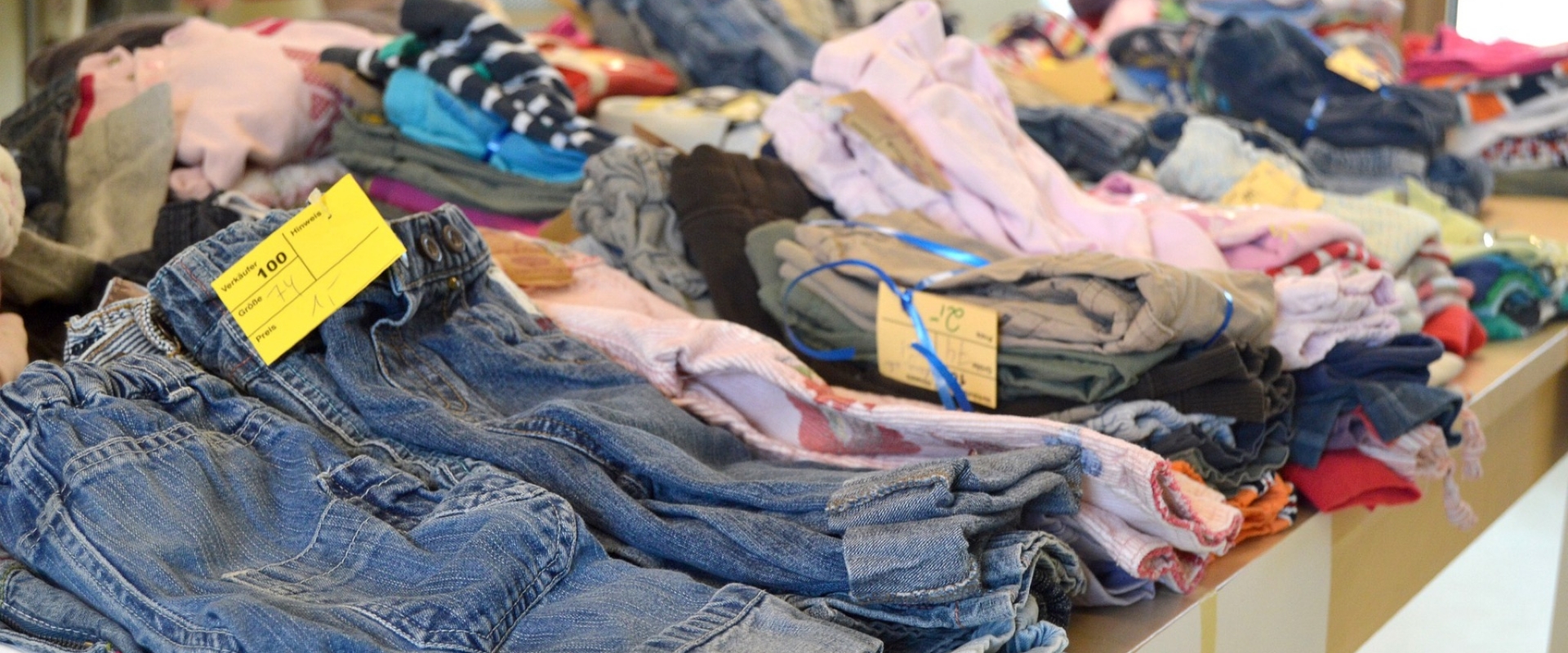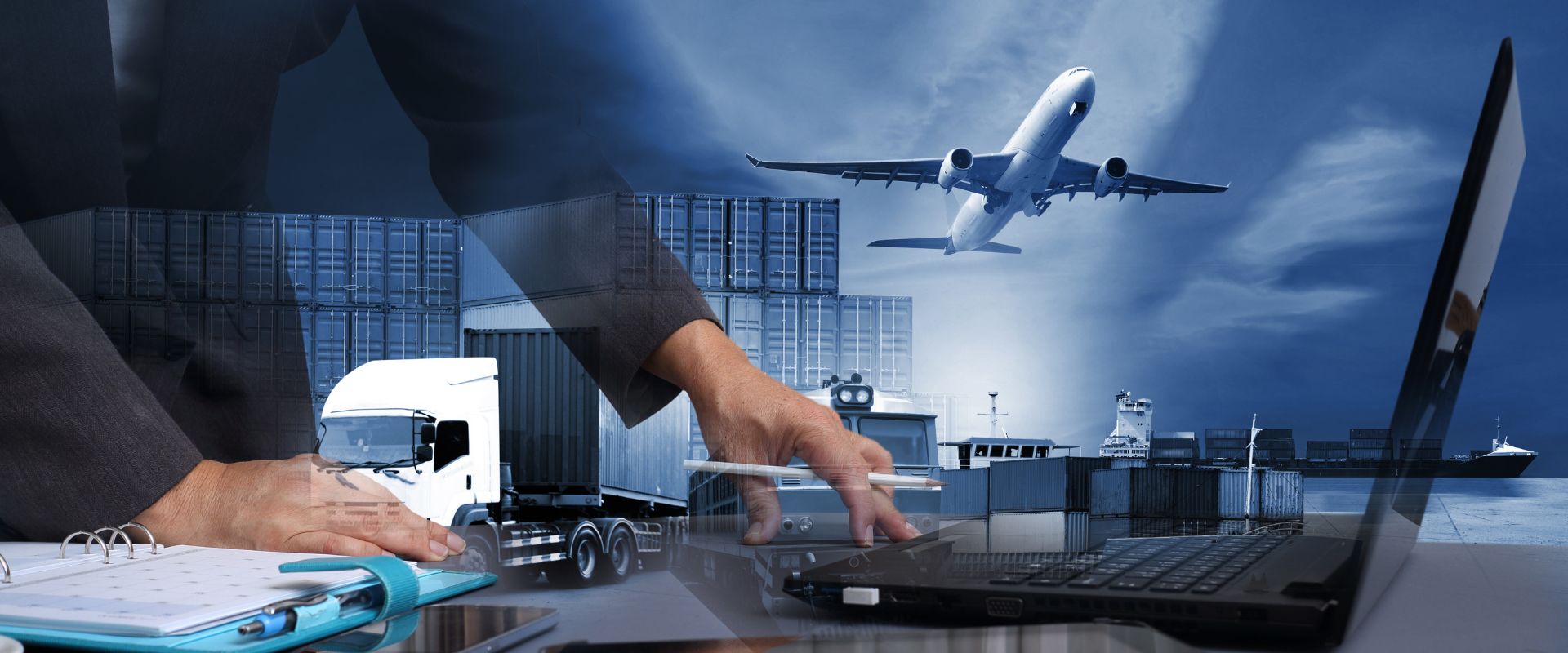
With more than 270 million people inhabiting the land, Indonesia is the fourth largest country in terms of population. With that many people, the country is a huge target for companies to sell their products. Therefore, any import to Indonesia is a crucial thing every company around the world should do.
However, not only having a large market, Indonesia’s market has been growing a lot in recent times. People in Indonesia can not seem to get enough overseas products, although many great products are native to the country. Some favorite imported products are fashion items and electronic goods.
The problem is that it is somehow complicated to import products to Indonesia. Companies need to prepare everything carefully before their products can land in the destination country.
This article provides the steps to make any import a reality, so you can find out how to buy imported clothes or other things. Those steps include the required documents, the clearance processes, and others, as well as some tips and tricks to make the steps a bit easier.
Table of Contents
Documents Required for Import of Goods
It is crucial to select a qualified freight forwarder when importing goods from abroad. Freight forwarders take care of all logistical requirements and help to manage and complete customs clearance regulations.
The following documentation must be provided by companies importing into Indonesia:
- commercial invoice;
- Bill of lading;
- certificate of insurance
- packing list;
- NIB/import permit;
- customs import declaration
Rates and Taxes Import to Indonesia

Businesses should consult the Indonesian Harmonization System (HS) Code, which classifies every category of items, before importing or exporting commodities. This is due to the possibility that particular products need supplementary registrations or permissions.
In addition, the HS code is one of the elements used to calculate the tax and duty rates and any unique import/export restrictions for a given good.
Customs fees in Indonesia range from 0% to 170%, with most imported goods subject to duties between 0% and 15%. The type of imported products and the product’s HS code determine the tax rate. Additionally, it is required to inform customs of any freight arrival and pay customs duties and import taxes in advance.
Except for items the government deems necessary, imports are subject to an import sales tax at the point of entry, with rates ranging from 5% to 30%. Additionally, Indonesia is a party to the ASEAN Free Trade Agreement, which establishes a range of 0-5% for import tariffs from ASEAN member countries.
Update Regulation for Import to Indonesia
After the Omnibus Law’s implementing regulation, Government Regulation No. 29 of 2021 (Reg 29/2021). The MoT (Ministry of Trade) now has the power to give importers and exporters more freedom and convenience in getting a business license.
Businesses will need a Business Identification Number (NIB) going forward to start their import and export operations. Through the Online Single Submission (OSS) mechanism, one can obtain a NIB.
Previously, companies must apply for one of 3 import licenses, namely API-U (General Import License), API Terbatas/API-T (Limited Import License), or API-P (Producer Import License). The NIB now serves as an API-U, API-P, and API-T simultaneously. Additionally, exporters simply need a NIB.
The MoT will need to issue new import licenses to companies bringing in specific kinds of items. According to the specifics of the business, this could be for an importer approval license given to producer importers, a license authorizing imports generally, or an importer registration license.
Step Guide for Importing Into Indonesia

After knowing the rules and regulations, you must follow these steps to import to Indonesia.
1. Prepare the Documents
The Tax ID and the Single Business Number are two of the necessary general import licenses, among others.
2. Confirm the HS Codes and Identify Them
Knowing the HS Codes of the goods you wish to import into Indonesia is essential. Inaccurate reporting frequently leads to costly fines, the seizure of items, and operations delays.
3. Get to Know Your Consignee/Record Importer
The competent authorities identify the consignee or importer of record (IOR) as the party in charge of the goods being brought into the nation.
4. Ensure Visibility of the Transport Schedule
Importers must know the shipment timeline because Indonesia requires the cargo manifest to be submitted before the shipment arrives at its destination.
5. Check That All Licenses and Permits are Included With the Goods
All import paperwork must match all import permits, licenses, and tax identifiers.
6. Set Out Incoterms Clearly
Incoterms, rules that define the responsibilities of buyers and sellers in a delivery contract, are typically used to support the expenses and risks associated with transportation.
7. Select a Completely Compliant Logistics Partner
Select a logistics partner who complies with all regulations to manage and improve your supply chain with cost and time savings.
Conclusion
Overall, the process of importing goods into Indonesia may be extremely difficult and demands careful planning. However, the import procedure can be completed successfully if the required paperwork is prepared, the relevant rules and regulations are followed, and the appropriate parties are involved.
With all the processes of import to Indonesia, can Stocklotimporter help you with that? Unfortunately, no. However, you can import stock lots and sell garments products to Stocklotimporter without difficulties.